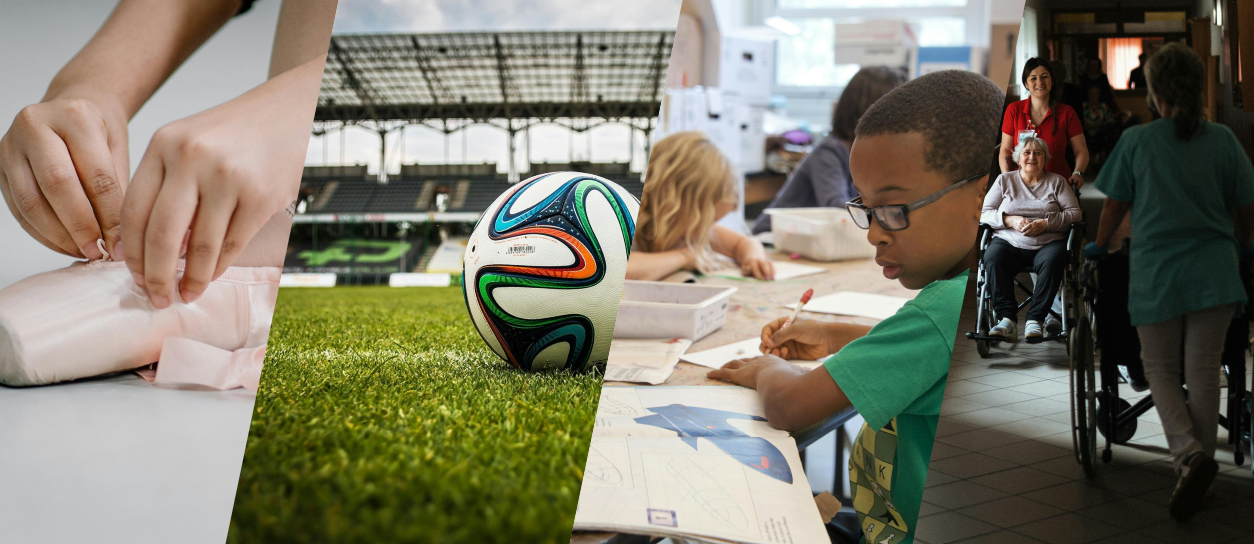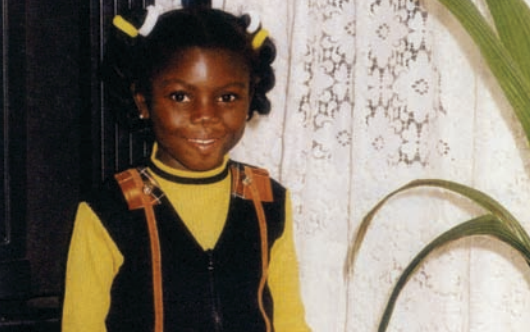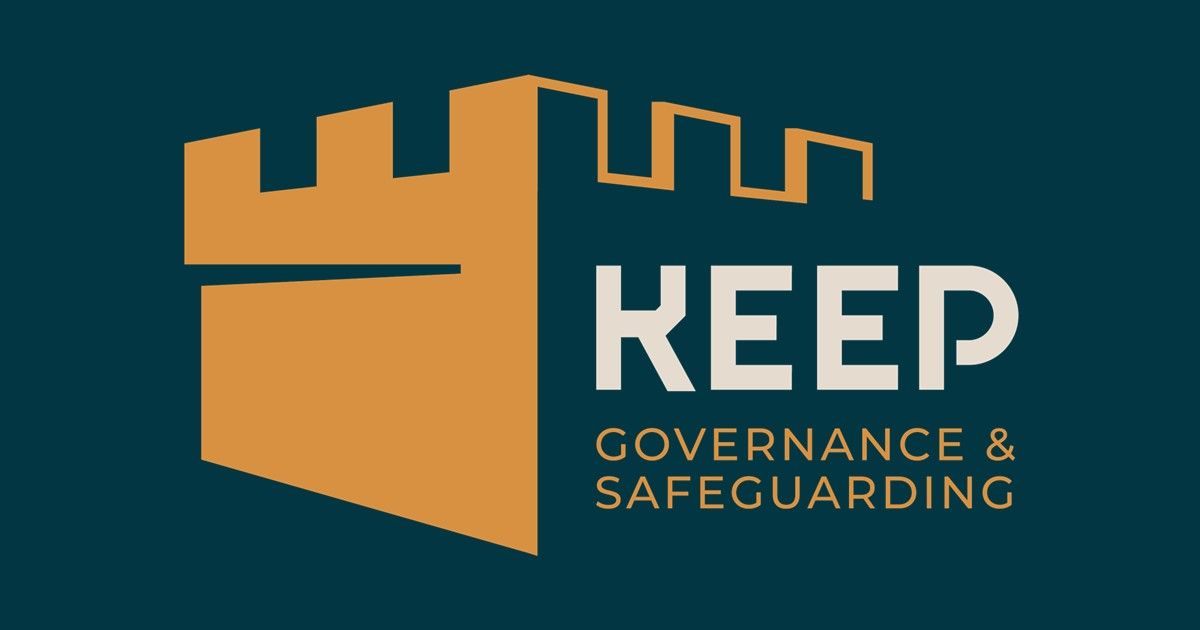We hear the past screaming at us. But do we listen?
Political ideology should never again be allowed to impact so disastrously on children
I heard Lord Laming speaking on the BBC’s PM programme last week, following the sentencing of Sara Sharif’s father and stepmother for her murder following months of abuse, a situation that should shock, if no longer surprise us. In the interview Lord Laming said “I regret to say that I think over the last decade, a little more, the quality of service has in my view gone down because continuous cuts in real terms to local government, the police service and to the health services has meant that staff at the front have been steadily withdrawn from early intervention. So now very often they can only act if it's a real crisis, and the damage has been done to a child.”
So, we have a real concern that front line protection services are not as robust as they have been previously. Meanwhile last year the NSPCC worked jointly with the teaching union NASUWT, surveying 8,329 teachers and senior education leaders and found that 93% of teachers said that, over the last year, the number of safeguarding referrals made within their school had increased.
And prior to that in 2019, the All Party Parliamentary Committee for Children, worked with the Children’s Bureau identifying that government cuts had caused “protecting children to become a postcode lottery”. It recommended that “Urgent action is needed to protect preventative and early help services” and stated “this not only means children and families are missing out, and left to face increasingly complex challenges, it also stores up problems for the future, resulting in further demand for intensive support. Directors of Children’s Services giving evidence to the Inquiry called for a ‘statutory safety net’ for early help services, echoing Eileen Munro’s recommendation from her 2011 review into child protection.”
We say we learn from the lessons of the past, but key lessons from Eileen Munro, and multiple reviews and inquiries over the last 25 years have been heard but, as if a clanging cymbal, have been filtered out and then lost to other priorities.
The Children's Wellbeing and Schools Bill is a huge step forward and we welcome it, but the resourcing of frontline services remains a significant issue and an overloaded, often overwhelmed social care system and insufficient resource for early help and early intervention will continue to fail to provide the safety net which needs to be in place to protect children.
Weighing all this up, the economist in me immediately defaults to thinking about demand and supply. The evidence is that the supply of early help safeguarding services all the way through to intensive protective services is lower than it has previously been, while demand for those protective services continues to increase.
But instead of just prices rising, the stark reality is that our safeguarding systems won’t be able to deliver the protections needed to intervene and prevent abuse, neglect and exploitation to children.
I want to be careful and not try to make this too political, although at this point I have to concede that may not be possible because we now need to learn the lessons of austerity, and knee jerk cuts made without a sufficient analysis of their impact.
The evidence outlined above tells us that the cuts in frontline support services for families which were forced upon local government had a much more significant impact on children and vulnerable families than is generally acknowledged. This coupled with other structural and ideological changes, such as the decision to privatise a significant proportion of the probation service has left children in the UK more vulnerable.
These ideological changes did not just have a negative impact on safeguarding and child protection, but across outcomes for children and young people. During 2024, the Institute of Fiscal Studies has completed a number of research projects reviewing the impact of services developed and invested in by the Labour government around the turn of the century and, by implication, the potential impact of cuts made to them by the next government. A few pieces of learning stand out to me from those reports:
Sure Start’s impact on offending by young people
Sure Start (the integrated support programme for families of under 5 year olds) “significantly reduced serious offending in adolescence. Children with access to the programme at ages 0–5 were less likely to have been convicted or to be in custody for a criminal offence by age 16.” It went on to identify that “Living near a Sure Start centre between the ages of 0 and 4 reduced young people’s likelihood of receiving a criminal conviction by 13% (from a baseline of 3.7%) and a custodial sentence by 20% (from a baseline of 0.5%).”
Sure Start’s impact on children in care
“The research also finds that while access to Sure Start did not change the overall number of contacts families had with children’s social care services between ages 7 and 16, the programme did reduce the amount of time children spent in care.”
Sure Start’s impact on educational achievement on children from lower socio-economic backgrounds
Just living near a Sure Start centre, on average improved educational achievements. “Among all children, those who lived near a Sure Start centre performed 0.8 grades better at GCSE level than those who lived further away” and for children from low-income families the impact was six times bigger, and even bigger again for children from ethnic minority backgrounds.
The impact of closure of youth centres on education achievement
“Young people in London who lost access to a nearby youth club performed nearly 4% worse off in their GCSE exams, with children from lower socio-economic backgrounds (defined as those entitled to free school meals) test scores falling by almost 12%.” Calculations here are pretty complex, but this is the conclusion of the IFS.
Just collating these statements makes me angry: Real children were the unintended victims of the small-state ideology of Cameron and Osbourne. Working with early help services at the time, a time when the government removed all references to the Every Child Matters agenda, we would joke that 'no longer did every child matter, just those performing well at school', a joke which now evokes a sense of guilt and sadness within me. The economic crisis of the late noughties made the argument for austerity an easy sell, but there were clear political choices that were made and the austerity agenda was used to cut services, having a long term negative impact on children’s safety and outcomes.
We need a wholly new vision for investing in frontline services, whereby we understand such spending is an investment in protecting children and giving them better opportunities for now and the future.
Governments of both/all colours argue that they can borrow to make capital investments, because these will be long term improvements to services and infrastructure. Surely one of the biggest impacts we can have is through long term investment in supportive and protective services to improve safety and outcomes for children, sufficiently resourcing them to impact all children and with enough additional capacity in the system to properly implement the findings of reviews and inquiries immediately, not waiting a generation, and to can act quickly on the concerns of professionals in the frontline.
While budgets are now and will again be limited, we need to realise that decisions made to save money can have negative impacts across the most vulnerable groups, and if we didn’t have it before, we now have a shedload of evidence that tells us that. Hopefully over the next few years frontline services will be able to be restored and once that happens we should never again make cuts without truly considering the impact of them.
Keep Governance and Safeguarding are experts at working with leaders focussed on improving the safeguarding frameworks within their organisations. Get in touch via our website, where you can find our contact details or book a free, no obligation 30 minute conversation to discuss your organisation’s safeguarding arrangements and begin improving the way you protect your people from abuse, exploitation and harassment immediately.




